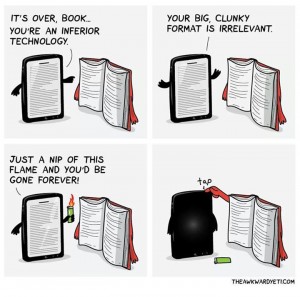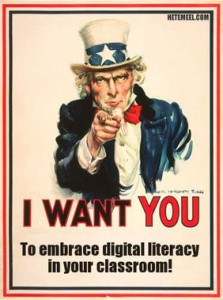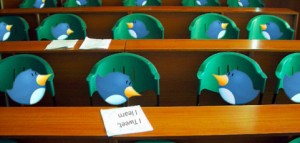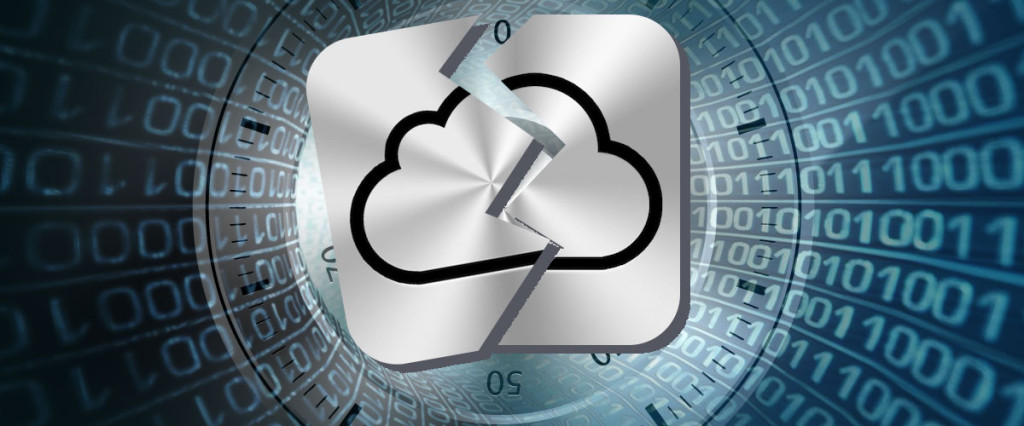This past weekend I attended the Young Authors and Storytellers Festival here at SUNY Geneseo. The children in the community were invited to attend the festival and enter their own poems into the poetry contest. It was a great day full of learning and appreciation for children’s poetry.
Literacy for this generation is defined differently than from even five years ago. The keynote speaker, an artist from Arkansas, showed the children a slideshow explaining ekphrasis, a literary description of or commentary on a visual work of art. She began by showing what I thought were random shapes, and she went around the room and ask different age groups what we thought the image was. The adults had no answer, the college students labeled the image “art”, and the younger children yelled, “GOOGLE!” After looking at the image a little harder, I could make out the word “Google”, but the parents could not. I found this interesting and concluded that the children knew it was Google because of technology, whereas if the woman showed a blurry picture of Webster’s Dictionary cover, the parents would recognize that, while the children may not.

Because the keynote speaker was an artist, she related poetry to her favorite paintings to show that every piece of art has a story. As she went through the poems, she would ask the children, “what is the text message the author is sending us?” I was very confused by this question. Text message? This poem is from the 1800s, how could the author send me a “text message”? In that moment, I felt very old because the kids did not find anything wrong or strange with that question. She continued to teach the students about how each poem has a text message the author is sending to you to explain what is happening. This interpretation was bizarre to me, but it was an effective strategy because the students knew exactly what they were being asked.
The term literacy is constantly evolving. I think that as long as children are reading, it shouldn’t necessarily matter what they are reading from: a book, a magazine, an iPad, an iPhone, or a Kindle. Reading is a vital part to survival in our society and in the classroom. It is our jobs as teachers and role models to find what makes children excited about reading in order to ensure their interest in being life long learners.







